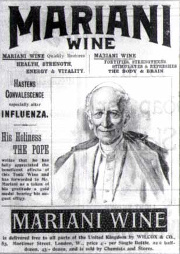But here's another interesting article about him, with additional details of what people did for entertainment before there was TV:
By the age of ten, Black was getting commissions to catch rats for cash, but his real money came from selling rats for gaming. Rat-baiting was a popular London tavern pastime in which dog owners would set their dogs in a pit and bet on their dog’s ability to catch a set number of rats, sometimes by the dozen, in a matter of minutes. Enthusiasts bet on the speed of a dog’s rat-killing abilities (one famous contender, Billy, tore apart a couple dozen rats in a minute and a half). The “sport” was so popular that the government wanted a cut, and put a tax on rat-killing dogs. Jimmy Shaw, the proprietor of a pub that held one of the most popular rat-matches in town, had hundreds of caged rats at the ready culled from suppliers across the country, including Jack Black.As for the reputation for rats generally, it was all bad:
The rat’s reputation for having an insatiable sexual appetite, coupled with their supposed predilection for cannibalism, made them the perfect Victorian enemy of lawlessness and sexual deviance. James Rodwell wrote in 1850: “[Rats] have no laws, either civil or religious, to govern them, so to call them Socialists, Communists, or Rats, to me ‘tis equal; for, in my mind, Communism, Socialism, and Ratism are terms synonymous.” Rodwell’s passion for exposing rats as an apocalyptic force while obsessively chronicling their behavior puts him somewhere between early anthropologist and crank. Chapter headings of his second book “The rat: its history and destructive character”, include Thievish Propensity of Rats, How the Rats of Scotland Can Carry Eggs, Rats Standing on Their Heads, Three Cannibal Rats Swallowing Nine Others, The Unreasonable Fear of Rats, and A Rat and a Ferret Snuggling Together in the Author's Bosom.
 This wine was discussed at
This wine was discussed at